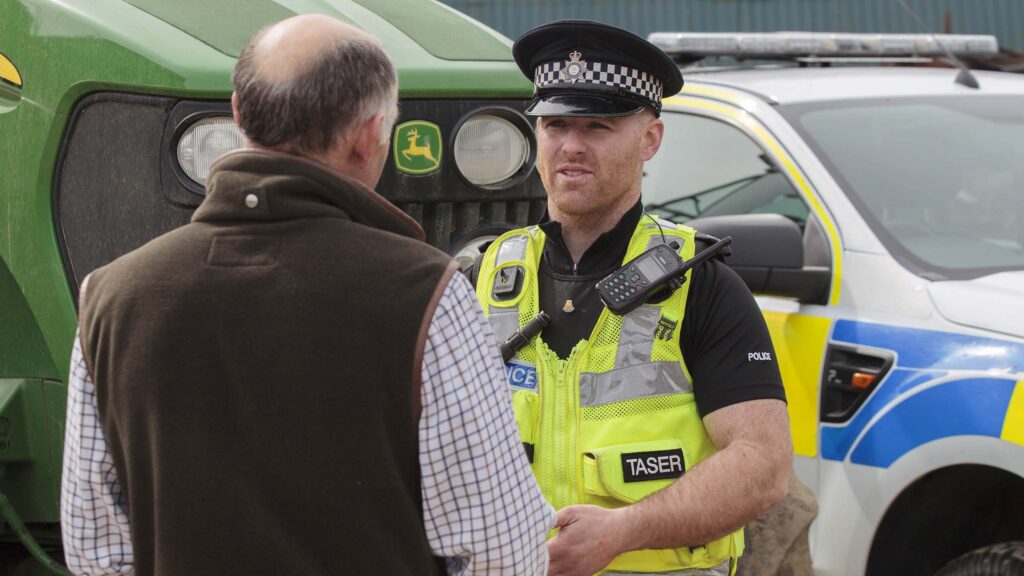More visible policing promised in rural crime crackdown
 © Tim Scrivener
© Tim Scrivener Britain’s rural communities are set to see a stronger police presence and tougher measures to deter organised crime under a newly announced government crackdown.
Ministers have unveiled a three-year rural and wildlife crime strategy that promises more officers on the ground alongside faster, more robust powers to seize stolen farm machinery.
See also: Police call for tougher measures to combat rural crime
The plan follows mounting concern that sophisticated crime networks are preying on isolated properties, stealing tractors, quad bikes and GPS equipment, as well as carrying out offences such as livestock theft to hare coursing.
Police chiefs say the strategy will put intelligence-led investigations, including advanced data analytics, crime-mapping technology and greater use of drones, at the heart of efforts to track patterns of offending, identify hotspots and dismantle these groups.
A central pillar of the plan is a renewed commitment to more visible policing in remote areas.
Ministers say dedicated teams will be more firmly embedded within rural communities to rebuild trust and ensure residents feel as safe as those in towns and cities.
Powers to recover stolen machinery
The upcoming Crime and Policing Bill will give officers new authority to recover stolen agricultural machinery without a warrant – a power farmers have long argued is essential to stop thieves acting with impunity.
Policing minister Sarah Jones said the measures represented “a vital step in our mission to deliver safer streets everywhere”.
She added that the powers would help forces “take on the organised criminal gangs targeting the agricultural sector”.
Rural organisations have welcomed the crackdown.
NFU vice-president Rachel Hallos said farmers needed “visible policing, swift recovery of stolen equipment and sentencing that deters repeat offenders”.
Country Land and Business Association president Gavin Lane said many rural communities had “had enough of criminals and violent organised gangs targeting them”.
Farmers lukewarm
Farmers also broadly support the strategy but remain sceptical.
Simon Porter, who farms in Crondall on the Surrey/Hampshire border, said he had been plagued by rural crime for years and had spent thousands on CCTV, reinforced gates, alarms and concrete blocks.
“I don’t want to be negative, but they are only restoring policing levels to what they were at before Theresa May was prime minister,” he said. “It’s shutting the stable door after the horse has bolted.”
Last week, the government announced that the roles of all 41 police and crime commissioners (PCCs) in England and Wales would be scrapped, saving taxpayers £100m this parliament.
But the Countryside Alliance warned the move risked weakening rural communities’ influence over policing priorities.
Alan Hutton, who farms near Basingstoke, said losing the county’s PCC could put Hampshire Constabulary’s new rural crime team at risk.
“I’m delighted the government is finally taking rural crime seriously, but farmers have to play their part too,” he said.
“Whether it’s installing number plate recognition CCTV, securing farm buildings or even digging ditches, we’ve all got to do more to protect our businesses.”
Labour’s manifesto, meanwhile, promised 13,000 extra neighbourhood officers, police community support officers and specials, meaning more consistent patrols and a more visible policing presence in rural areas.
